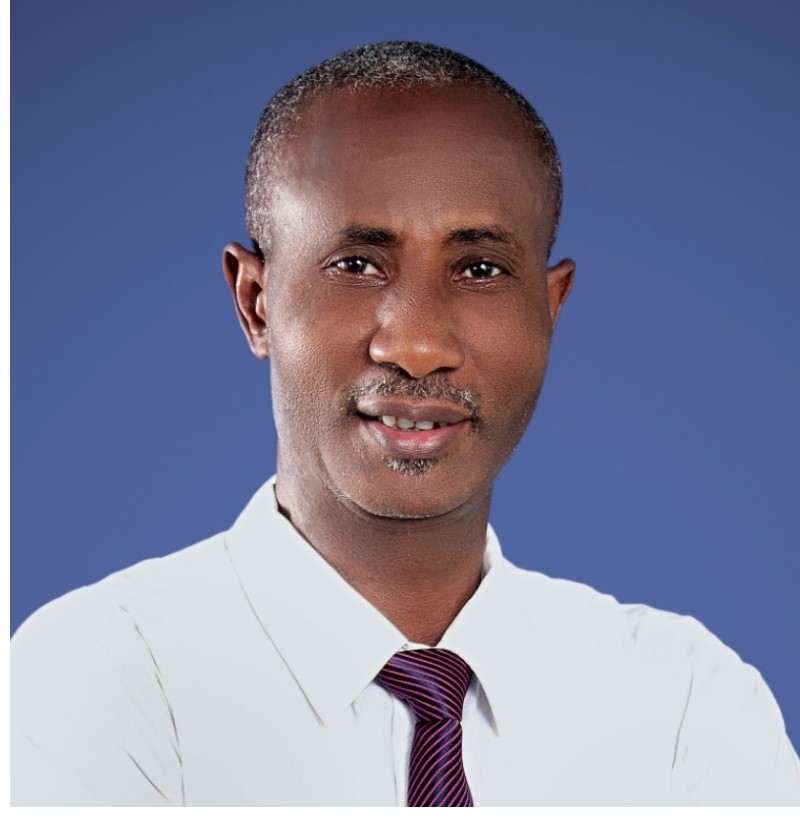By MATTHEW SIMPA
The Yoruba have a saying that translates roughly to: “Both young and old played their roles in the founding of Ile Ife.” This wisdom speaks to the collaborative effort required in nation-building, and it applies just as aptly to the current push for alternative fuels in Nigeria. The Federal Government’s promotion of Compressed Natural Gas (CNG) as a substitute for petrol, diesel, and liquefied petroleum gas (LPG) is a significant step towards tackling the country’s fuel crisis. However, there are crucial gaps in how this initiative is being communicated, especially to the wider population.
CNG, which stands for Compressed Natural Gas, is a cleaner alternative fuel. Its combustion releases fewer toxic gases than petrol or diesel, making it an environmentally friendly option. Globally, CNG has gained momentum as a preferred fuel for vehicles and industrial machinery. While the concept isn’t entirely new in Nigeria, with discussions about its use predating the current administration of Asiwaju Ahmed Tinubu, it is only now being promoted vigorously. Yet, is this push reaching the right people?
From my personal interactions, it’s clear that the awareness of CNG remains low. During a visit to the Federal University of Agriculture in Abeokuta (FUNNAB), I had a conversation about CNG in the office of a high-ranking official. To my surprise, a gentleman present, who appeared to be an important figure in the university, mentioned he had never even heard of CNG. This lack of awareness extends beyond academic circles. On multiple occasions, I’ve engaged with cab drivers, asking if they knew about CNG. Astonishingly, only one in five was familiar with the term. One even mistakenly thought it was the acronym for a political group!
READ ALSO: Harris puts pressure on Trump over medical records
These encounters point to a fundamental issue: the conversation about CNG seems to be restricted to social media, a platform that a large portion of the population—especially in places like Abeokuta—does not engage with regularly. The masses, including commercial drivers and small business owners, are missing out on critical information because they are not being reached where they are.
A more inclusive approach to spreading information about CNG could make all the difference.
The reality is that governance, much like elections, cannot be conducted solely on social media. To effectively govern and implement policies that benefit the masses, the government needs to step beyond the digital world and into the streets, into the communities where everyday Nigerians live and work.
If the government is serious about reducing the economic strain caused by fuel shortages and the rising cost of petrol and diesel, they must broaden their approach to educating the public about CNG. The National Orientation Agency should lead this charge, launching an on-the-ground campaign that reaches every corner of the nation. From town squares to bus stops, marketplaces to rural villages, people need to know what CNG is, how it can benefit them, and why it’s important for the country’s future.
In the past, before the age of social media, information campaigns involved megaphones mounted on vehicles, driving through neighborhoods to spread messages. This method, though old-fashioned, was incredibly effective in reaching the masses. Perhaps it’s time to return to such grassroots communication strategies, combining them with modern technology for maximum reach.
A more inclusive approach to spreading information about CNG could make all the difference. Not only would it reduce the current economic pressure, but it could also give Nigerians hope for a more sustainable, economically stable future. Taking this step now could be the stitch in time that saves nine.














